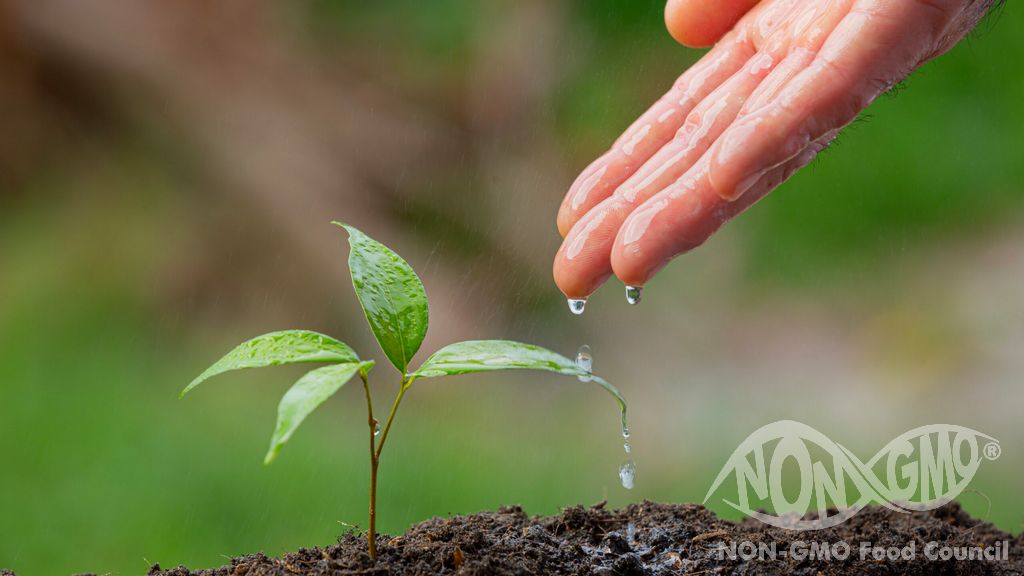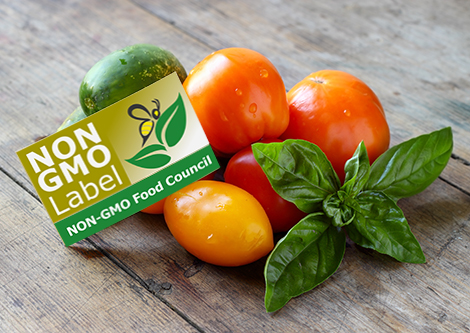A healthy agricultural production system cannot exist without healthy soils. Soil plays a vital role in food production and climate change mitigation, as well as being the habitat of various organisms that contribute to carbon sequestration.

Most of the carbon dioxide in the atmosphere comes from various biological processes that occur in the soil. Carbon sequestration occurs when carbon from the atmosphere is absorbed and stored in the soil.
This process is vital because the more carbon stored in the soil, the less carbon dioxide there is in the atmosphere, which contributes to climate change. Therefore, restoring degraded soils and adopting soil conservation practices are important to reduce the greenhouse gases emitted by agriculture.
Conservation practices with biotech crops, such as herbicide-tolerant crops, have been used not only to the benefit of farmers, but also to maintain soil health.
Soil health is evaluated based on how the soil realizes its capacity to promote plant growth and productivity. This growth-promoting role must be preserved for future use.
Based on the studies discussed, GM crops do not pose a significant risk to soil health. Other environmental factors such as weather changes often contribute more to differences in soil health indicators.
Instead, these studies provide evidence that GM crops help keep agricultural soils healthy and productive by promoting conservation tillage. However, most of them think that these views are wrong or manipulated.
Do not hesitate to contact our expert team to get detailed information about the GMO Free and NON GMO label and certification, or to apply for certification.
